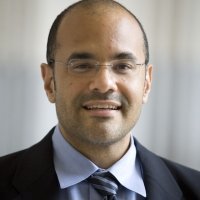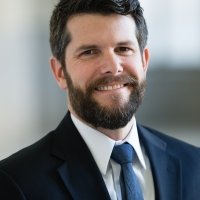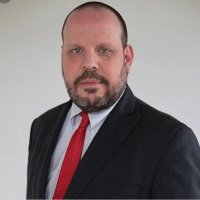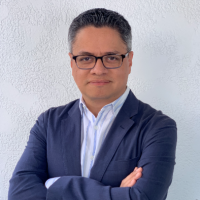The State of Citizen Security in Mexico: 2014 in Review and the Year Ahead
The end of 2014 marked the second full year of Enrique Peña Nieto’s six-year term as Mexico’s president. While last year saw a victory for his administration with the February arrest of Joaquín “El Chapo” Guzmán, President Peña Nieto was also faced with major challenges and substantial public frustration due to Mexico’s on-going rule of law and security problems.
Many of these challenges pre-date the current administration. Indeed, over the last decade, Mexico has faced continuous law enforcement and security challenges, due to heightened violent crime and limited institutional capacity in the criminal justice sector. The challenges include improving basic law enforcement, confronting powerful organized crime networks, professionalizing police and judicial sector, protecting human rights, and promoting a culture of lawfulness.
Yet, 2014 added new dimensions to the security picture. Despite significant reductions in violence in certain parts of the country, nine of Mexico’s cities ranked in the top 50 most violent cities worldwide, according to a study carried out last year by the Mexican organization Security, Justice, and Peace (Seguridad, Justicia y Paz). Meanwhile, the Mexican federal government intervened in Michoacán to address conflicts between vigilante self defense groups and local organized crime groups. The tragic killing and disappearance of student protestors in Guerrero, as well as the discovery of mass graves containing dozens of human remains, provoked massive outrage. Another, less measurable impact of organized crime-related violence has been the forced displacement of tens of thousands of Mexican citizens from their homes, as estimated by a number of human rights organizations.
To provide a careful examination of these security challenges, the Mexico Institute at the Woodrow Wilson International Center for Scholars hosted its Second Annual Mexican Security Review, a forum with leading policy analysts from the United States and Mexico from 2:00pm to 5:30pm on Tuesday, January 20, 2015. Of particular interest were the available indicators of crime trends, analysis of the specific policy measures of the Peña Nieto administration, and the efforts of civil society to confront recent security problems in Mexico.
Agenda
Introduction and Background Discussion
- Duncan Wood, Director, Mexico Institute
- David Shirk, Global Fellow, Mexico Institute
Panel 1: Crime, Violence, & Security in 2014
- David Shirk, Global Fellow, Mexico Institute
- Chris Kyle, Associate Professor, University of Alabama
- Kathryn Haahr, Specialist, International Security Threat and Risk Management
- Moderator: John Bailey, Emeritus Professor, Georgetown University
Panel 2: Policy Implications for the Peña Nieto Administration
- Christopher Wilson, Senior Associate, Mexico Institute
- Sandra Ley, Visiting Fellow, Kellogg Institute for International Studies, University of Notre Dame
- Alejandro Hope, Director de Política de Seguridad, IMCO
- Steven Dudley, Co-Director, InSight Crime
- Moderator: Duncan Wood, Director, Mexico Institute
To view Alejandro Hope's presentation, click here.
Speakers


Professor and Graduate Director, Department of Political Science and International Relations, University of San Diego; Director, "Justice in Mexico" Project




Co-Director, InSight Crime

Hosted By

Mexico Institute
The Mexico Institute seeks to improve understanding, communication, and cooperation between Mexico and the United States by promoting original research, encouraging public discussion, and proposing policy options for enhancing the bilateral relationship. A binational Advisory Board, chaired by Luis Téllez and Earl Anthony Wayne, oversees the work of the Mexico Institute. Read more
